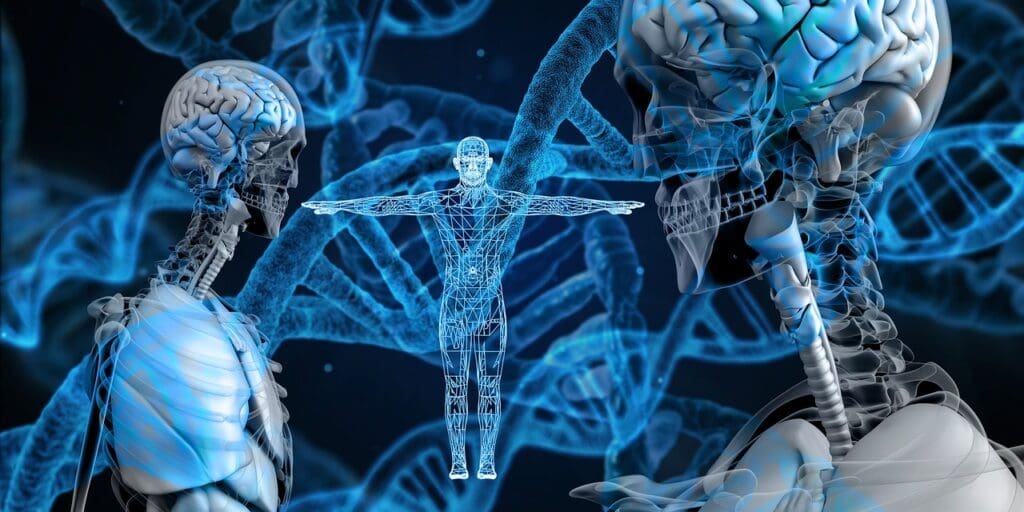National Biobank: Concept for central research platform presented
At the 13th National Biobank Symposium from 22 to 23 September 2025 in Dresden, more than 200 experts discussed current developments in biobanking. The focus was on the establishment of a National Biobank, as provided for in the coalition agreement. An alliance of the German Biobank Network, pharmaceutical associations, the Fraunhofer Society, the diagnostic industry, the biotechnology industry association, German University Medicine and TMF presented a concept. This provides for millions of tissue and liquid samples as well as data to be made available in a digital platform for medical research under the University Medicine Network. The concept is now being discussed with the Federal Ministry of Research, Technology and Space and the Bundestag.

The platform is intended to strengthen Germany as a research location and support academic research as well as industries such as pharmaceuticals, biotechnology and diagnostics. Interdisciplinary sessions highlighted innovative approaches to sample and data integration as well as legal and ethical issues. Another topic was the linking of biosamples with the data infrastructure of the Medical Informatics Initiative in order to connect biobanks to the European Health Data Space. This is intended to optimize the use of samples and data for research and care. The European Health Data Space offers opportunities for data re-use, but requires national regulations for harmonised sample use.
Editor: X-Press Journalistenbû¥ro GbR
Gender Notice. The personal designations used in this text always refer equally to female, male and diverse persons. Double/triple naming and gendered designations are used for better readability. ected.




